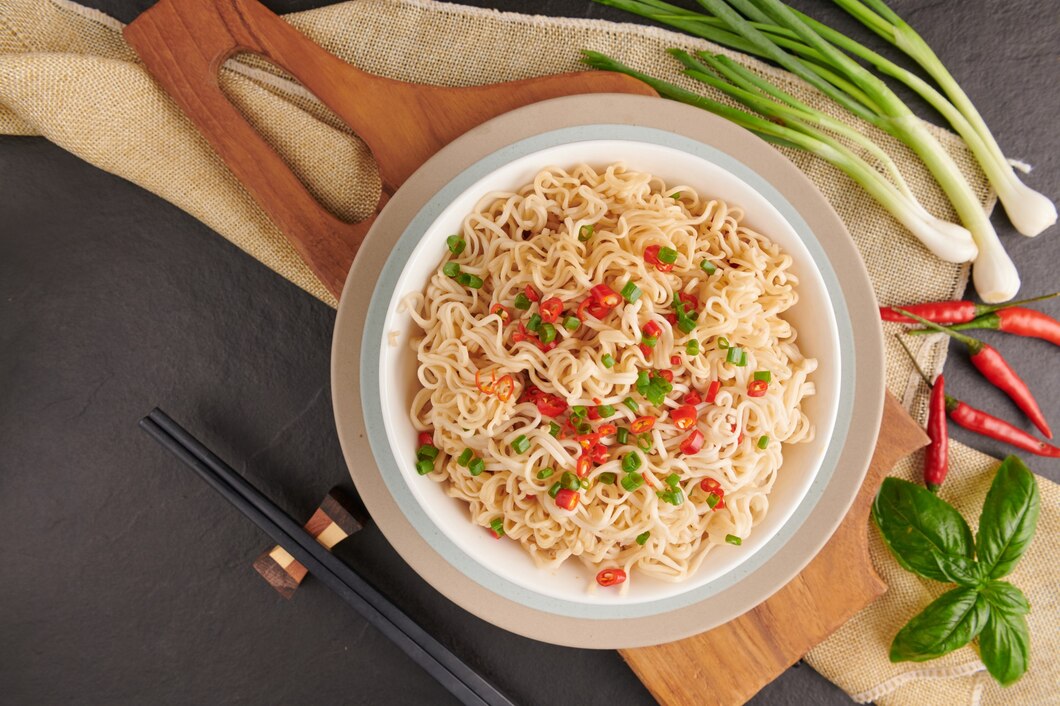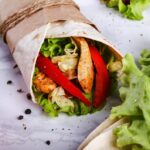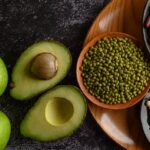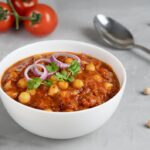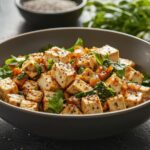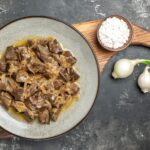Stroke is one of the leading causes of death and disability worldwide, and diet plays a critical role in reducing the risk of stroke. In South Africa, lifestyle diseases, including stroke, are on the rise, making it crucial to focus on dietary habits. Certain foods are known to elevate the risk of stroke by contributing to high blood pressure, cholesterol levels, and inflammation. Here’s a list of 20 foods that South Africans should avoid or limit to help prevent stroke.
1. Processed Meats
Processed meats like sausages, bacon, and deli meats are high in sodium and saturated fats, which can increase blood pressure and the risk of heart disease and stroke.
2. Fried Foods
Deep-fried foods like chips, fried chicken, and samosas contain unhealthy trans fats that can clog arteries and raise cholesterol levels, leading to a higher stroke risk.
3. Sugary Beverages
Regular consumption of sugary drinks like sodas, energy drinks, and sweetened teas can lead to weight gain and insulin resistance, both of which are stroke risk factors.
4. White Bread
Refined carbohydrates, such as those found in white bread, are quickly digested, leading to blood sugar spikes and increased risk of metabolic syndrome, a stroke contributor.
5. Margarine
Many types of margarine contain trans fats, which can lead to the buildup of plaque in the arteries, reducing blood flow to the brain and increasing stroke risk.
6. Canned Soups
Canned soups often contain high amounts of sodium, contributing to high blood pressure, which is a major risk factor for strokes.
7. Red Meat
Frequent consumption of red meat, particularly when it’s high in fat, is linked to increased cholesterol levels, leading to plaque buildup in the arteries.
8. Instant Noodles
Instant noodles are not only low in nutritional value but are also packed with sodium and preservatives, contributing to high blood pressure.
9. Pastries and Cakes
These baked goods are often high in sugar and unhealthy fats, leading to weight gain, insulin resistance, and elevated cholesterol levels.
10. Potato Chips
Potato chips are high in sodium and trans fats, making them a poor choice for heart health and increasing stroke risk by raising blood pressure.
11. Energy Drinks
Energy drinks contain high levels of caffeine and sugar, which can cause spikes in blood pressure and contribute to cardiovascular strain.
12. Full-Fat Dairy Products
Full-fat dairy, like butter, cheese, and whole milk, is high in saturated fats, which can raise bad cholesterol (LDL) and increase the risk of stroke.
13. Pies and Meat Pastries
These are typically high in both sodium and saturated fats, making them harmful to cardiovascular health.
14. Processed Cheese
Processed cheese contains excessive amounts of sodium and unhealthy fats, increasing the likelihood of high blood pressure and stroke.
15. Ice Cream
Though it’s a popular treat, ice cream is loaded with sugars and unhealthy fats, both of which can contribute to obesity, diabetes, and stroke risk.
16. Commercial Salad Dressings
Many store-bought salad dressings are high in sodium, sugars, and unhealthy fats, which can negate the health benefits of salads and contribute to stroke risk.
17. Alcohol
Excessive alcohol consumption can lead to high blood pressure and heart disease, increasing the risk of stroke. Moderation is key.
18. Pork Cracklings
Pork cracklings are high in unhealthy fats and sodium, making them a risk factor for both heart disease and stroke.
19. Frozen Dinners
Frozen, pre-packaged meals are often packed with preservatives, sodium, and unhealthy fats, all of which can lead to elevated stroke risk over time.
20. Sugary Breakfast Cereals
Breakfast cereals high in sugar can cause blood sugar spikes, leading to insulin resistance, inflammation, and an increased risk of stroke.
To help prevent stroke, it’s crucial to focus on a diet that supports heart health, low in saturated fats, sodium, and added sugars. Instead, prioritize fresh vegetables, whole grains, lean proteins, and healthy fats, which can help keep blood pressure and cholesterol levels in check. By avoiding or limiting these 20 foods, South Africans can take proactive steps to reduce their risk of stroke and improve their overall cardiovascular health.
Maintaining a balanced diet, along with regular exercise and stress management, is key to stroke prevention.
